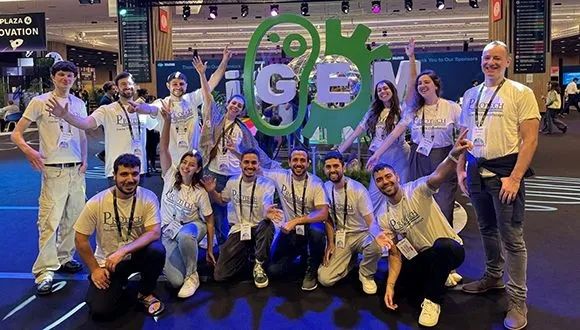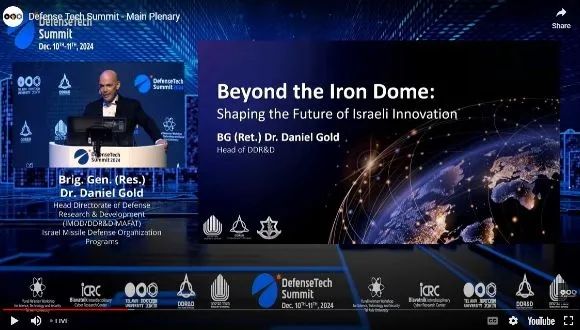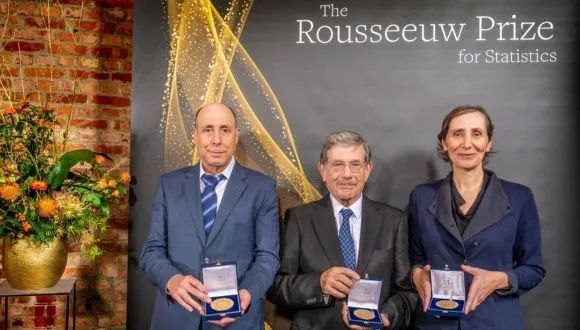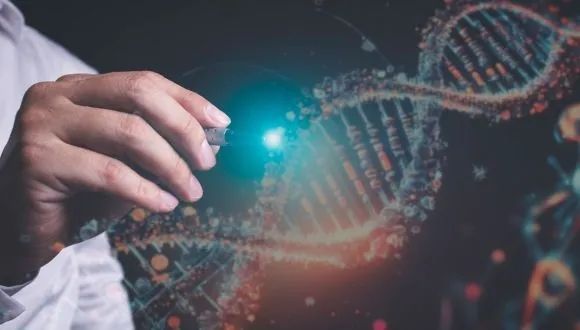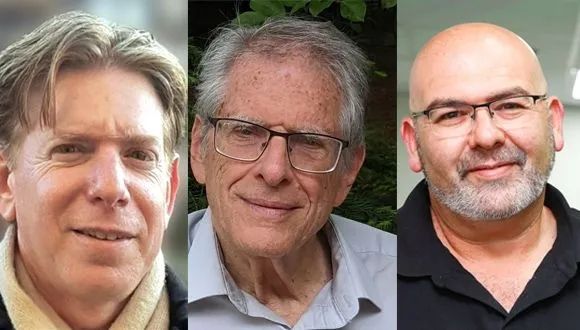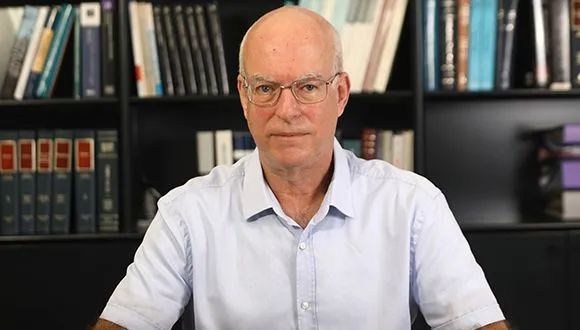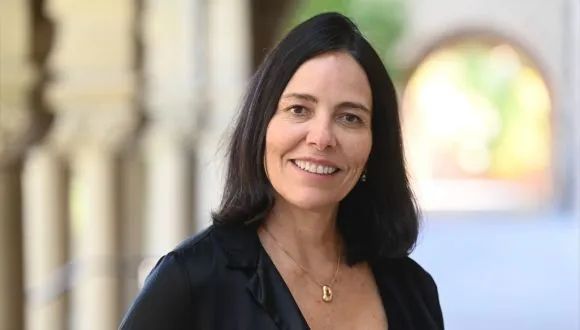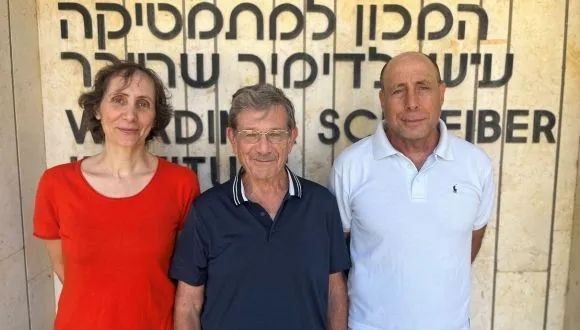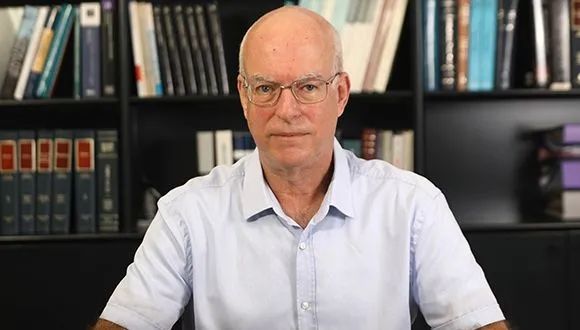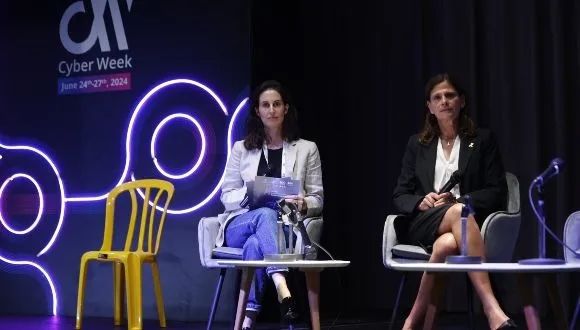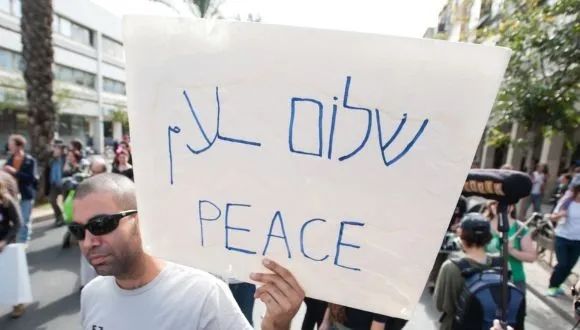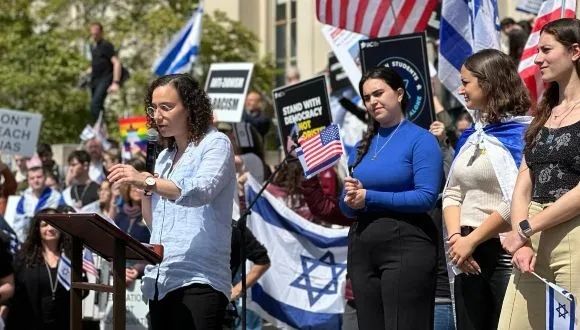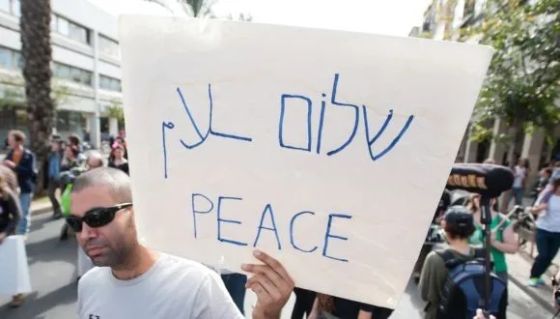
The War’s Unexpected Impact on Coexistence in Israel
TAU study finds Arab citizens feel a growing bond with Jewish Israelis.
A new study by the Konrad Adenauer Program for Jewish-Arab Cooperation at TAU’s Moshe Dayan Center, reveals encouraging data regarding coexistence in Israel. According to the survey, 57.8% believe that the ongoing war has fostered a sense of shared destiny between Arabs and Jews in Israel.
The researchers emphasize that this is a statistically significant shift in the attitude of Arab Israelis towards the war. In a similar study conducted a year ago (November 2023), the majority of the Arab public (69.8%) said that the war had harmed solidarity between Arabs and Jews. Moreover, when compared to the results of a survey conducted in June 2024, the current study indicates a positive trend: at the time, only 51.6% of the respondents felt that a sense of shared destiny had arisen between Arabs and Jews, and the current figure represents a statistically significant increase in this metric.
Additional findings include:
- The personal identity of Israel’s Arab citizens incorporates three dominant elements: Israeli citizenship (33.9%), religious affiliation (29.2%), and Arab identity (26.9%). A smaller portion of respondents (9%) regard their Palestinian identity as the dominant component of their identity. The researchers note: “It cannot be ignored that a significant segment of Arab Israelis define their Israeli citizenship as the most important element in their personal identity. Moreover, the current survey suggests that – possibly as a result of the continuing war, the instrumental Israeli citizenship has become more important than the Arab identity – which carries deeper meanings such as religion, nationality, culture, tradition, language, and values”.
- Opinions in the Arab populace are divided regarding the desirable post-war governance in Gaza: 20.7% believe the Palestinian Authority should take control, 20.1% prefer a multinational force, 17.9% suggest Israel, and 15.8% favor local Gazan entities. Only 6.7% think Hamas should continue governing the Gaza Strip after the war.
- Half of the respondents (53.4%) believe a normalization agreement between Israel and Saudi Arabia could signal a positive regional development. At the same time, half (49.2%) feel that resolving the Israeli-Palestinian conflict should not be a precondition for such an agreement.
- A large majority of respondents (71.8%) support the inclusion of an Arab party in the Israeli government after the next elections. Half of the Arab public (47.8%) support joining any government, not just a center-left coalition.
- A majority of the Arab public (65.8%) report a weak sense of personal security. The primary reason cited is the high incidence of violence in Arab communities (63.1%), with the ongoing war also contributing to this feeling (24.6%). At the same time, 65.1% of respondents report a relatively good economic situation, and 57.8% believe the war has fostered a sense of shared destiny between Arabs and Jews in Israel.
The Konrad Adenauer Program for Jewish-Arab Cooperation conducted the survey under the auspices of the Konrad Adenauer Foundation at TAU’s Moshe Dayan Center for Middle Eastern and African Studies (see full study here).
Dr. Arik Rudnitzky, Project Manager of the Konrad Adenauer Program for Jewish-Arab Cooperation at the Dayan Center: “The war between Israel and Hamas is the longest in the history of the Israeli-Palestinian conflict. Since the establishment of the state of Israel in 1948, this external conflict has affected attitudes and views within the Arab public, as well as relations between Arabs and Jews in Israel. It appears, however, that under the dark shadow cast by the war over all citizens of Israel, both Arabs and Jews, meaningful bright spots are emerging, that could redefine the rules of the game in the post-war era. An unprecedented majority of the Arab public – almost 72% – support the inclusion of an Arab party in the government formed after the next elections. Moreover, the upheavals and turbulence in the Middle East in recent months – resulting not only from the direct war between Israel and Hezbollah in Lebanon but also from the collapse of the Assad regime in Syria – have boosted the Arab citizens’ appreciation for their Israeli citizenship. This explains the prominence of Israeli citizenship in the personal identity of Arab citizens, as well as the notion that, over the past year, a sense of shared destiny has sprouted between Arabs and Jews in Israel. This does not mean that Arabs in Israel now ignore their Arab and Palestinian national identity, but it does form a clear statement from Arab citizens, signaling to both the authorities and the Jewish majority that they will willingly collaborate in the rebuilding of Israeli society and politics in the post-war era”.
Related posts

